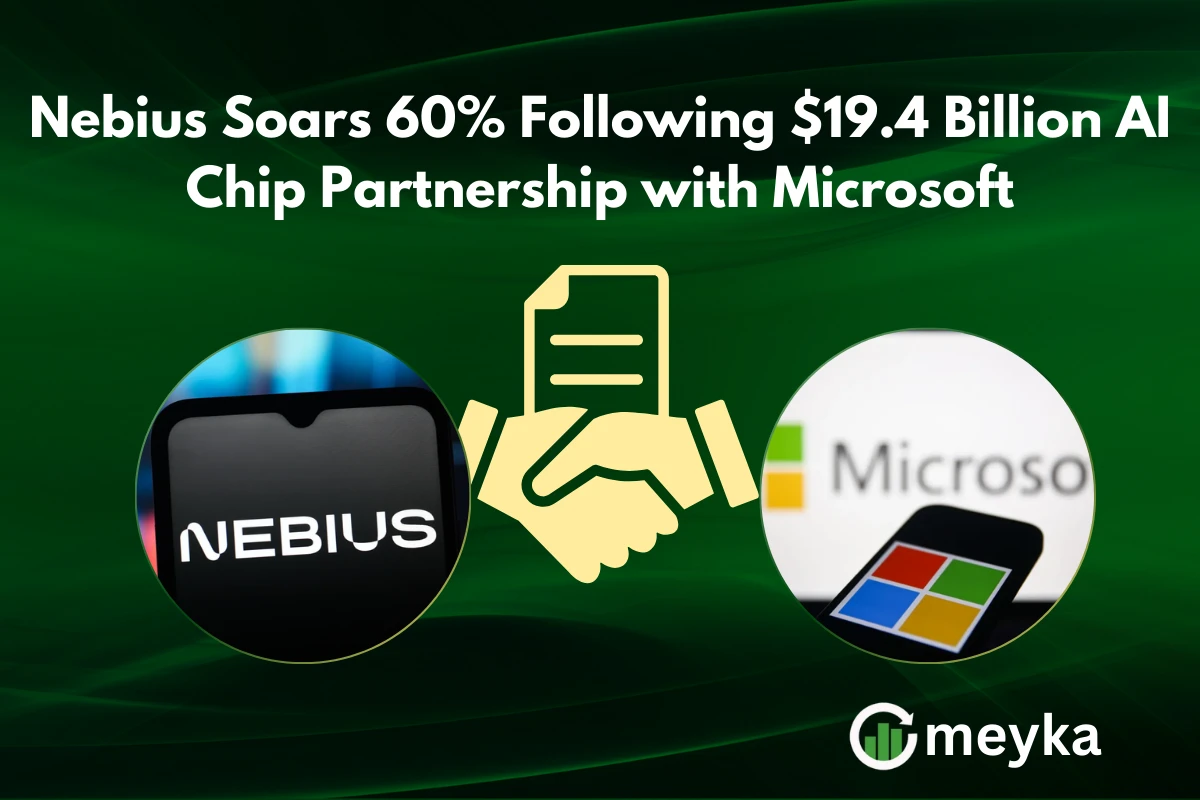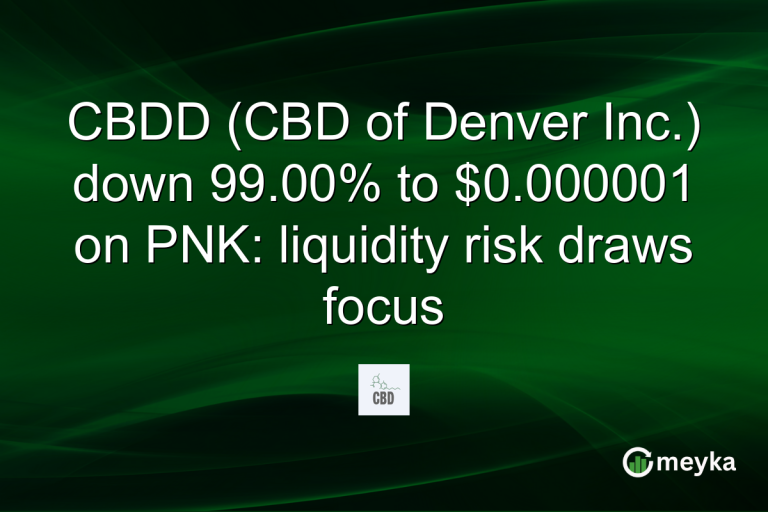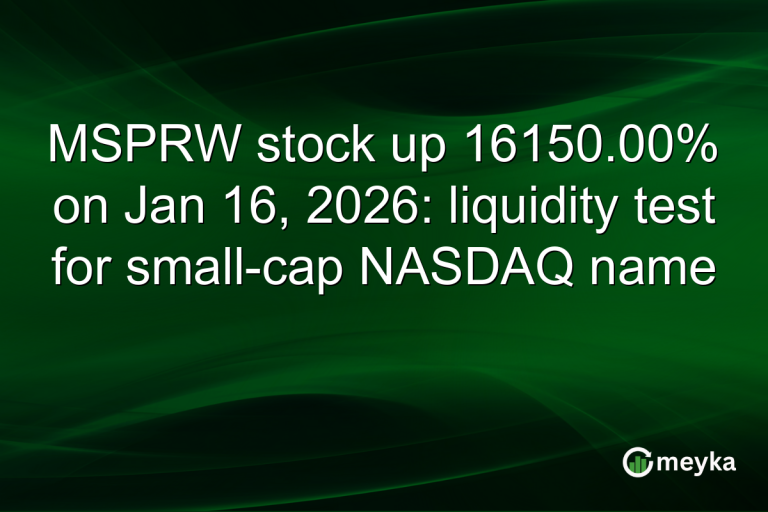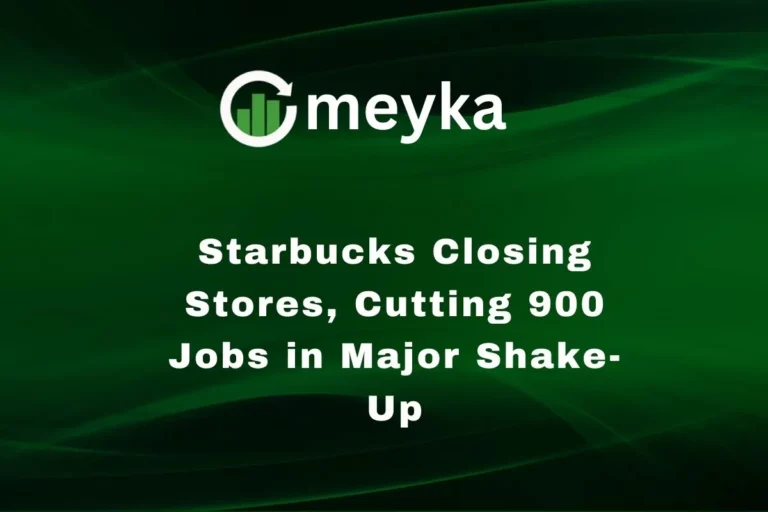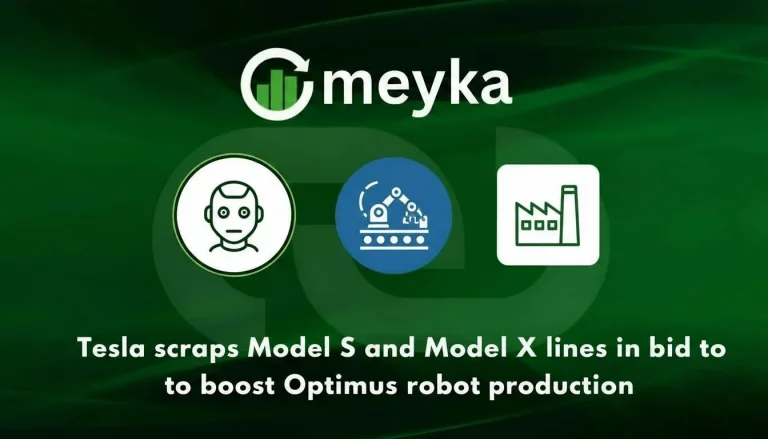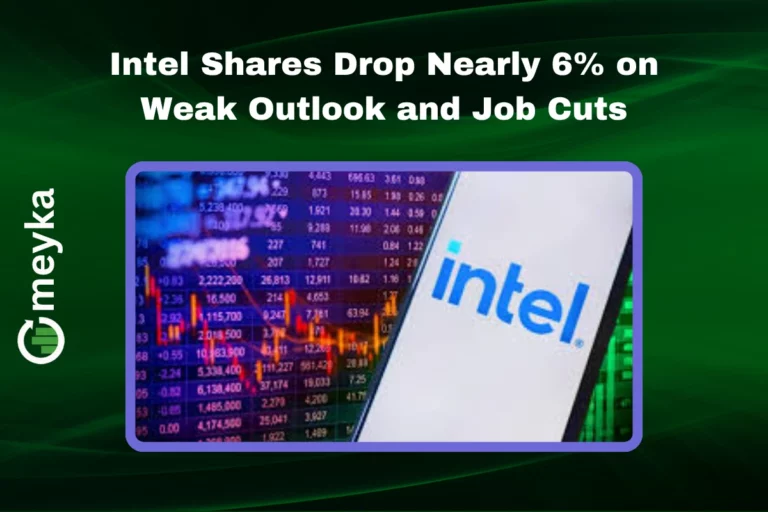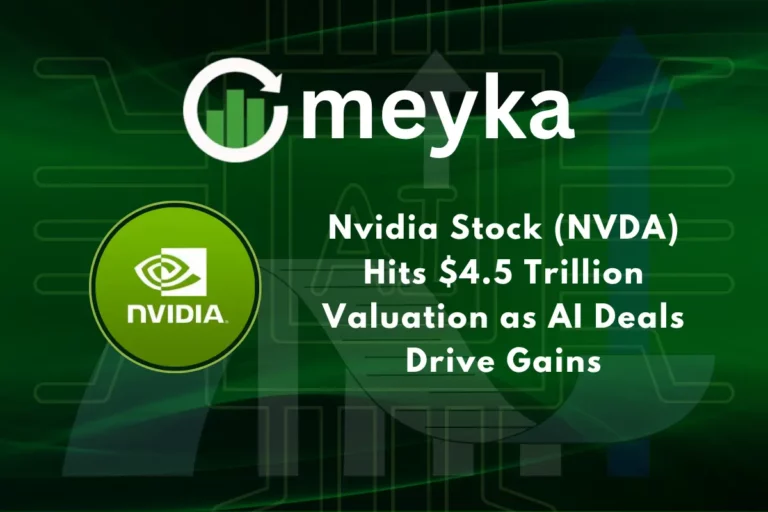Nebius Soars 60% Following $19.4 Billion AI Chip Partnership with Microsoft
In one trading day, investors reevaluated the AI infrastructure landscape. The Nebius Partnership with Microsoft sent Nebius shares up about 60 percent, after the cloud giant agreed to a multiyear contract valued between $17.4 billion and $19.4 billion for GPU capacity. This agreement ties cloud scale to AI chip demand and reframes how markets value specialist AI cloud providers.
Why is Microsoft betting big on Nebius now?
Nebius Partnership with Microsoft explained
Microsoft will lease dedicated GPU capacity from Nebius, with compute coming from a new data center in Vineland, New Jersey. The base contract is $17.4 billion, with an option to expand to $19.4 billion depending on demand; the structure makes clear Microsoft is securing external capacity to support rapidly growing AI workloads.
Why does this matter for AI chips and cloud firms?
Why the Nebius Partnership matters for AI chips
Nebius operates GPU clusters built on NVIDIA hardware and tuned stacks for model training and inference. By contracting external GPU lakes, Microsoft can scale services without building every rack internally, which increases demand visibility for GPU suppliers and validates specialist providers that optimize power, cooling, and software for AI workloads.
Could the market reaction be temporary excitement, or a structural reset?
Stock market reaction and the 60% surge
Headline momentum met tangible contract economics; traders and institutions rapidly repriced Nebius’s growth outlook, and the stock rallied sharply. Heavy after-hours and extended session trading pushed gains into the 60 percent range on some venues. This is a classic example of a narrative-driven rate supported by visible future revenue.
Short-term mechanics of the rally
Filings, headlines, and analyst notes triggered algorithmic flows and retail interest, accelerating volume and price moves. Once models were updated to reflect contract-backed revenue, a feedback loop formed between sentiment and fundamental repricing.
What is Microsoft trying to achieve strategically?
Microsoft’s strategy in AI and cloud competition
Microsoft is blending owned capacity with contracted services to scale fast while managing capital intensity. The Nebius Partnership gives Microsoft flexible, predictable GPU access to support Azure customers and AI partners that need very large compute pools.
That approach builds redundancy and reduces the need for Microsoft to own every piece of physical infrastructure.
Is the Nebius bet an investment opportunity or a concentrated risk?
Risks and opportunities for Nebius
The upside includes clearer revenue streams, stronger supplier leverage, and a faster growth runway. The risks are delivery timing at the Vineland site, the financing path Nebius uses to scale, and customer concentration if Microsoft becomes a dominant revenue source. Execution delays or financing stress could quickly reverse market optimism.
How are analysts and investors reacting?
Expert and investor reactions
Analysts revised models, some raising targets while others cautioned on timing risk. Social media amplified both bullish and cautious takes. On X, accounts such as @AskPerplexity highlighted the deal’s scale,
@MarkDSteve flagged valuation implications,
@mvcinvesting raised governance and delivery questions, and
@saxena_puru discussed sector-wide effects.
Those signals helped focus attention and accelerate flows into the stock.
What are the wider market implications?
Broader implications for AI, cloud, and semiconductors
This deal reinforces a trend where hyperscalers supplement internal capacity with specialist providers to meet surging AI demand. That enlarges the addressable market for GPU vendors and pressures traditional cloud incumbents to offer more flexible capacity options. For semiconductor suppliers, the near-term takeaway is sustained demand for high-end GPUs, and for cloud firms, it is the validation of an outsourced capacity model
What should investors monitor next?
Key milestones to monitor
Three practical items matter now: the timing and commissioning of the Vineland data center, the financing terms Nebius uses to fund expansion, and whether Microsoft exercises options that push the contract toward the $19.4 billion ceiling. Those milestones will determine whether the headline converts into durable earnings and free cash flow.
Practical steps for investors
Verify updated timelines in SEC and company filings, treat any new position as speculative until capacity is online, and consider volatility as both risk and short-term opportunity; if you are allocating capital, wait for visible delivery and confirmed cash flows.
Conclusion
The Nebius Partnership with Microsoft is a major validation for specialist AI infrastructure providers, it created a dramatic market rerating and it highlights how AI demand reshapes capital allocation across cloud and semiconductor supply chains.
The upside is meaningful if Nebius executes on time and manages financing; short-term traders may profit from volatility, while long-term investors should wait for confirmed capacity and visible cash flows. Key milestones to watch include Vineland build progress, financing terms, and whether Microsoft exercises expansion options. Monitor closely.
FAQ’S
Nebius signed a multiyear AI chip and cloud infrastructure deal with Microsoft worth up to $19.4 billion.
The massive Microsoft contract boosted investor confidence, driving a sharp 60% rally in Nebius shares.
Yes, Coca-Cola partnered with Microsoft in a $1.1 billion deal to enhance operations with cloud and AI tools.
Microsoft owns about 49% of OpenAI’s for-profit arm through its investments.
Microsoft primarily buys AI chips from NVIDIA, while also developing its own chips like Maia.
As of now, no AI company surpasses Microsoft’s valuation, but NVIDIA has closed in due to AI chip dominance.
Microsoft is the largest investor in OpenAI, backing its AI development and integrating it into Azure.
In market cap terms, NVIDIA briefly surpassed Microsoft, reflecting surging demand for AI GPUs.
NVIDIA’s biggest rivals include AMD and Intel, both racing to capture the AI chip market.
Disclaimer
This is for informational purposes only and does not constitute financial advice. Always do your research.
